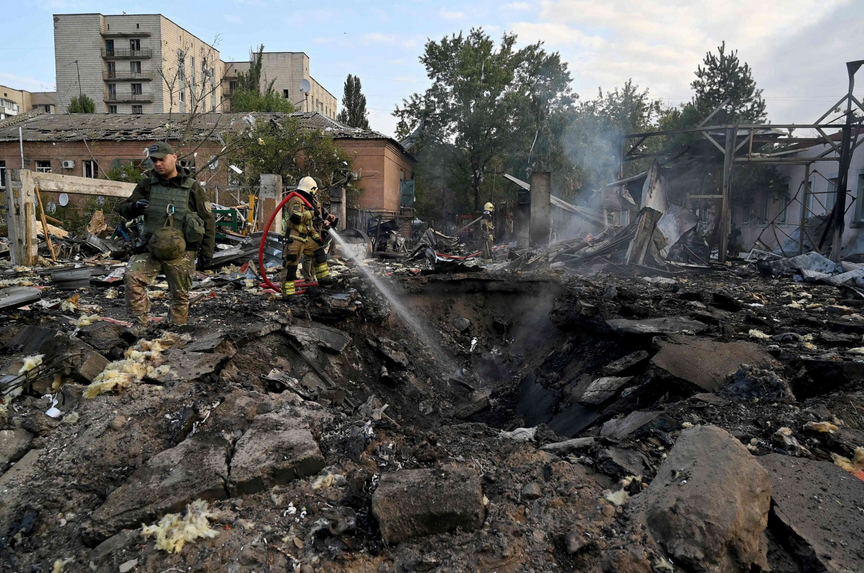
The NHS is under intense pressure amid a rise in cases of a globally spreading virus – with hospitals across the nation feeling the strain. Health chiefs are urging the public to steer clear of medical facilities if they show symptoms and to don masks when visiting wards.
The culprit is a recent uptick in infections like human metapneumovirus (HMPV). This virus is now a global concern, and nations such as China, India, and Malaysia are all grappling with outbreaks.
Though distinct from Covid, HMPV’s spread has sparked anxiety over potential additional burdens on the NHS. Discovered first in the Netherlands in 2001, it’s part of the same viral family as RSV, known officially as respiratory syncytial virus.
Speaking to the Mirror last week, Dr Andrew Catchpole from health research organisation hVIVO said: “Whilst hMPV does mutate and change over time with new strains emerging, it is not a virus that we consider to have pandemic potential. This is because the changes in hMPV are gradual and based on previously circulating strains.”
In England, the rate of people testing positive for HMPV surged during December but has remained stable in the latest data, with 4.5% of people who visited their GP with respiratory issues testing positive. The highest proportion of tests returning a positive result for HMPV was in children under five, at 7.2%.
We use your sign-up to provide content in ways you’ve consented to and improve our understanding of you. This may include adverts from us and third parties based on our knowledge of you.
HMPV spreads through direct contact between people or when someone touches a contaminated surface. The virus leads to a mild upper respiratory tract infection for most people.
It is usually almost indistinguishable from flu and symptoms for most people include a cough, a fever, and a blocked nose.These symptoms usually develop over a couple of days and can last up to two weeks, including sneezing, congestion, sore throat, cough, and general malaise.
The very young, including children under two, are most vulnerable to the virus. It also poses a greater risk to those with weakened immune systems, including the elderly and those with advanced cancer. Severe symptoms of HMPV can include inflammation in the lungs and pneumonia.
Dr Conall Watson, consultant epidemiologist at the UK Health Security Agency, said: “HMPV is a common respiratory infection in winter, and we typically see activity reaching a peak at this time of year. Infections are usually mild, causing symptoms of a common cold. Our surveillance systems in GP surgeries and hospitals indicate that levels are in line with what we would expect to see. Most people have had HMPV by the time they are five years old and catch it again throughout their lives.
“As with all respiratory viruses, you can help reduce infections being passed on through regular hand washing and catching coughs and sneezes in tissues and throwing them away. If you have symptoms such as a high temperature, cough and feeling tired and achy, try to limit your contact with others, especially those who are vulnerable. There are many viruses in circulation at the moment, including flu – if you have symptoms of a respiratory illness and you need to go out, our advice continues to be that you should consider wearing a face mask.”





